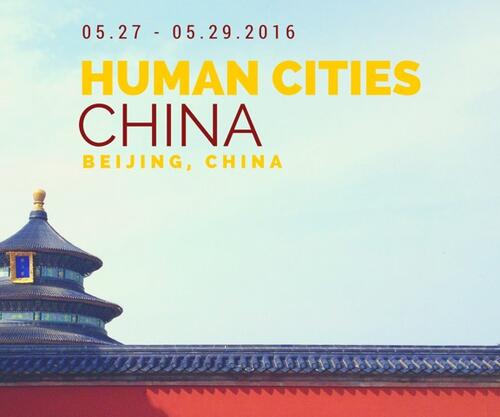What Does China Have to Do to Achieve Carbon Neutrality by 2060?

With a population of 1.4 billion people in the midst of industrialization and urbanization, the role of China in tackling climate change will be critical to the success of human species in facing up to the world's greatest existential challenge. Based on the newly published book -- Climate Mitigation and Adaptation in China: Policy, Technology and Market, FU Jun will discuss the parameters, policies and prospects of China's role in meeting the global crisis. In particular, in light of the country's regional heterogeneity and aided by simulation modeling, he will discern the philosophical nuances between particular justice and general justice in Chinese strategic thinking toward equitable, inclusive and sustainable growth, and focus on how different sets of technologies -- low carbon, zero carbon, negative carbon, as well as institutional technology -- will likely configure in an adaptive and dynamic fashion in China's pathways toward carbon peak prior to 2030 and carbon neutrality by 2060, and with implications for green financing and international cooperation.
FU Jun is Professor of Political Economy and Public Policy at Peking University. He has authored, co-authored, and edited five books, including Institutions and Investments (Studies in International Economics, The University of Michigan Press), Pathways to Prosperity: A China Narrative in Metaheuristic Growth Theory (in Chinese, Peking University Press), and Climate Mitigation and Adaptation in China: Policy, Technology, and Market (Springer Nature). Graduated with Ph.D. from Harvard University, he is the first Chinese national to have been elected as Foreign Academician in 2020, together with Anthony Giddens and Jurgen Harbermas, by the Bologna Academy of Sciences in its time-honored history. Inter alia, he has been an invited reviewer for PNAS, served on the 11-Member Visiting Committee for Area Studies and International Programs across Harvard University, and on the Advisory Board of Economia Politica. Outside academia, he has served as Member of the Listing Committee of Shenzhen Stock Exchange, Executive Board Member of SOS Village (China), Vice Chair with A. Michael Spence as Chair of the World Economic Forum’s Global Agenda Council on New Growth Models, Board Member of Peking University Educational Foundation, and Advisor to the Chairman of the Executive Council of UNESCO.
This event is co-sponsored by Stanford Center at Peking University

 FSI scholars approach their research on the environment from regulatory, economic and societal angles. The Center on Food Security and the Environment weighs the connection between climate change and agriculture; the impact of biofuel expansion on land and food supply; how to increase crop yields without expanding agricultural lands; and the trends in aquaculture. FSE’s research spans the globe – from the potential of smallholder irrigation to reduce hunger and improve development in sub-Saharan Africa to the devastation of drought on Iowa farms.
FSI scholars approach their research on the environment from regulatory, economic and societal angles. The Center on Food Security and the Environment weighs the connection between climate change and agriculture; the impact of biofuel expansion on land and food supply; how to increase crop yields without expanding agricultural lands; and the trends in aquaculture. FSE’s research spans the globe – from the potential of smallholder irrigation to reduce hunger and improve development in sub-Saharan Africa to the devastation of drought on Iowa farms. 


